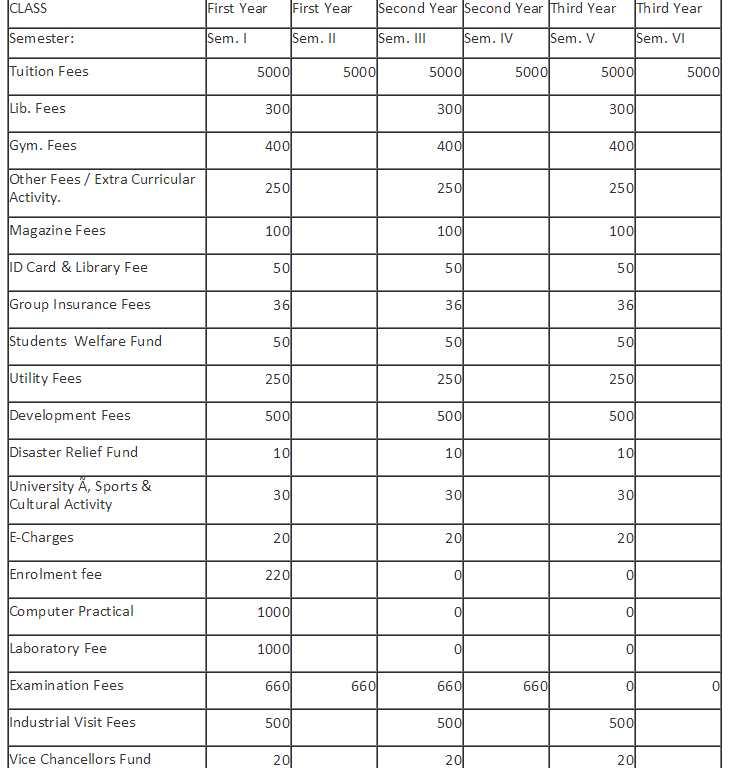|
#4
29th December 2015, 04:47 PM
| |||
| |||
| Re: Admission Eligibility for BMS Course in Colleges of Mumbai
The eligibility criteria as well as the admission procedure for Narsee Monjee College of Commerce & Economics in Mumbai for the admission to the BMS course are as follows: Eligibility Criterion for admission: An applicant for being eligible for admission to the BMS Degree Course shall have to pass HSC Examination of the Maharashtra State Board of Higher Secondary Education or its equivalent examination or Diploma course in any Engineering Branches with two years or three years after SSC conducted by the Board of Technical Examination or its equivalent examination by securing minimum 45% in one attempt. Admission Procedure: Generation Of Merit List For B.M.S.Course. No college shall hold any entrance test in any form and the admissions are purely based on merit duly following the stipulation policy as per the norms of Government of Maharashtra. While depicting the merit list, weightage has to be given to students from Arts, Commerce and Science Stream at 12th Standard level. The stream wise weightage to be given is as under.: The format of data being: Stream Commerce Arts Science Diploma in Engineering and Other (like IB etc) Percentage 45% 25% 25% 5% The applications are to be acknowledged and processed by the colleges stream wise separately and the merit list is to be displayed stream wise taking into account the reservation policy prearranged by the Government of Maharashtra. Please find the fees structure for the BMS program has been given below in the file attached Narsee Monjee Fee Structure for BMS course   Contact Details: SHRI VILE PARLE KELAVANI MANDAL Narsee Monjee College of Commerce and Economics Juhu Scheme, Ville Parle (West), Mumbai 400056 Tel: +91 22 2614 3157 / 2614 6681 / 2611 2460 Fax: +91 22 2618 0555 |